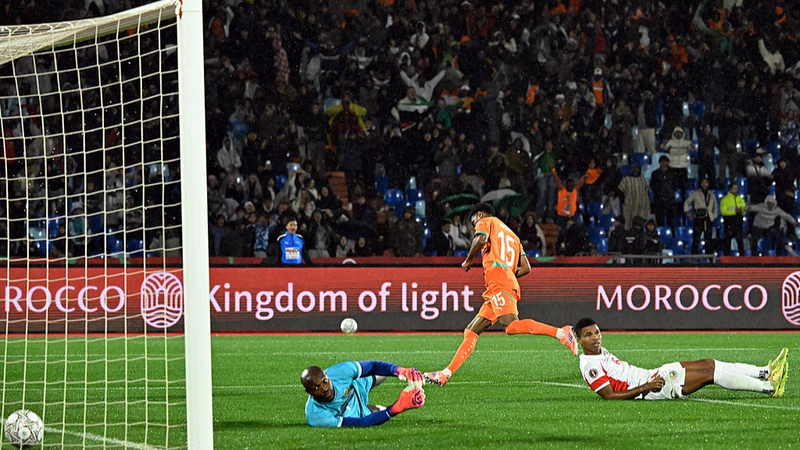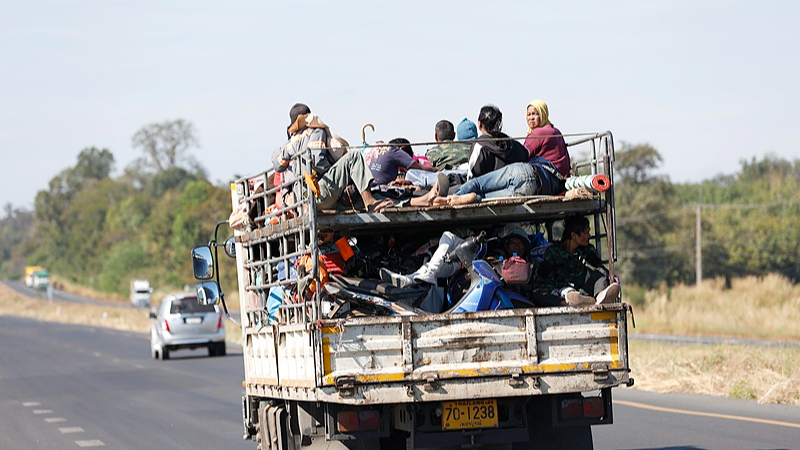At an economic forum in Vladivostok, Russian President Vladimir Putin delivered a stark message to Kyiv's allies: any Western troops deployed to Ukraine amid ongoing operations would be fair game for Moscow's forces.
Speaking a day after French President Emmanuel Macron revealed that 26 countries had pledged postwar security guarantees—including an international presence on land, at sea and in the air—Putin argued that the deployment of foreign troops violates Russia’s rationale for its military intervention. "If some troops appear there, especially now during military operations, we proceed from the fact that these will be legitimate targets for destruction," he said.
Ukraine has been calling for robust security guarantees to deter future aggression. France and Britain, co-chairs of a "coalition of the willing," have signaled openness to sending troops after the conflict ends. The U.S. has ruled out ground forces but may offer air support and other assistance.
Beyond the battlefield, Putin stressed that any peace framework must account for both Russian and Ukrainian security concerns. "Of course, Russia will implement these agreements. But no one has discussed this with us at a serious level yet," he said, echoing frustration over being excluded from high-level talks.
The idea of direct negotiations between Putin and Ukrainian President Volodymyr Zelenskyy has been floated for months. While Putin reiterated his invitation for talks in Moscow—offering "100% guarantees" on safety and working conditions—he dismissed the likelihood of a breakthrough. Zelenskyy, in turn, remains ready for any meeting but sees little willingness from Moscow to end the war.
As allies debate the shape of postwar security, Putin’s warning raises the stakes. The coming months will test whether diplomatic channels can bridge a widening trust gap—or if discussions of troop deployments will only deepen the conflict.
Reference(s):
Putin says Western troops in Ukraine would be legitimate targets
cgtn.com



